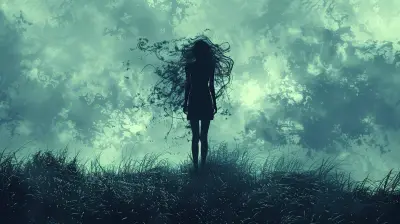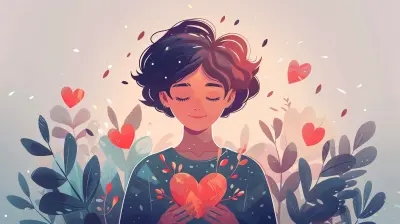The Role of the Collective Unconscious in Shaping Human Experience
23 May 2025
Ah, the collective unconscious—Carl Jung’s fancy way of saying that our brains are basically hardwired with ancient wisdom, spooky symbols, and ancestral baggage. If you’ve ever wondered why you have an irrational fear of snakes despite never meeting one outside of a pet store, or why every culture has a version of "the hero’s journey," congrats! You’ve just bumped into the collective unconscious.
But what does it actually do for us? Are we just puppets to some cosmic script written a thousand years ago? Or does this mysterious force secretly run the show behind our daily thoughts, fears, and actions? Let’s dive into the psyche’s basement and take a look at how the collective unconscious shapes human experience (whether we like it or not).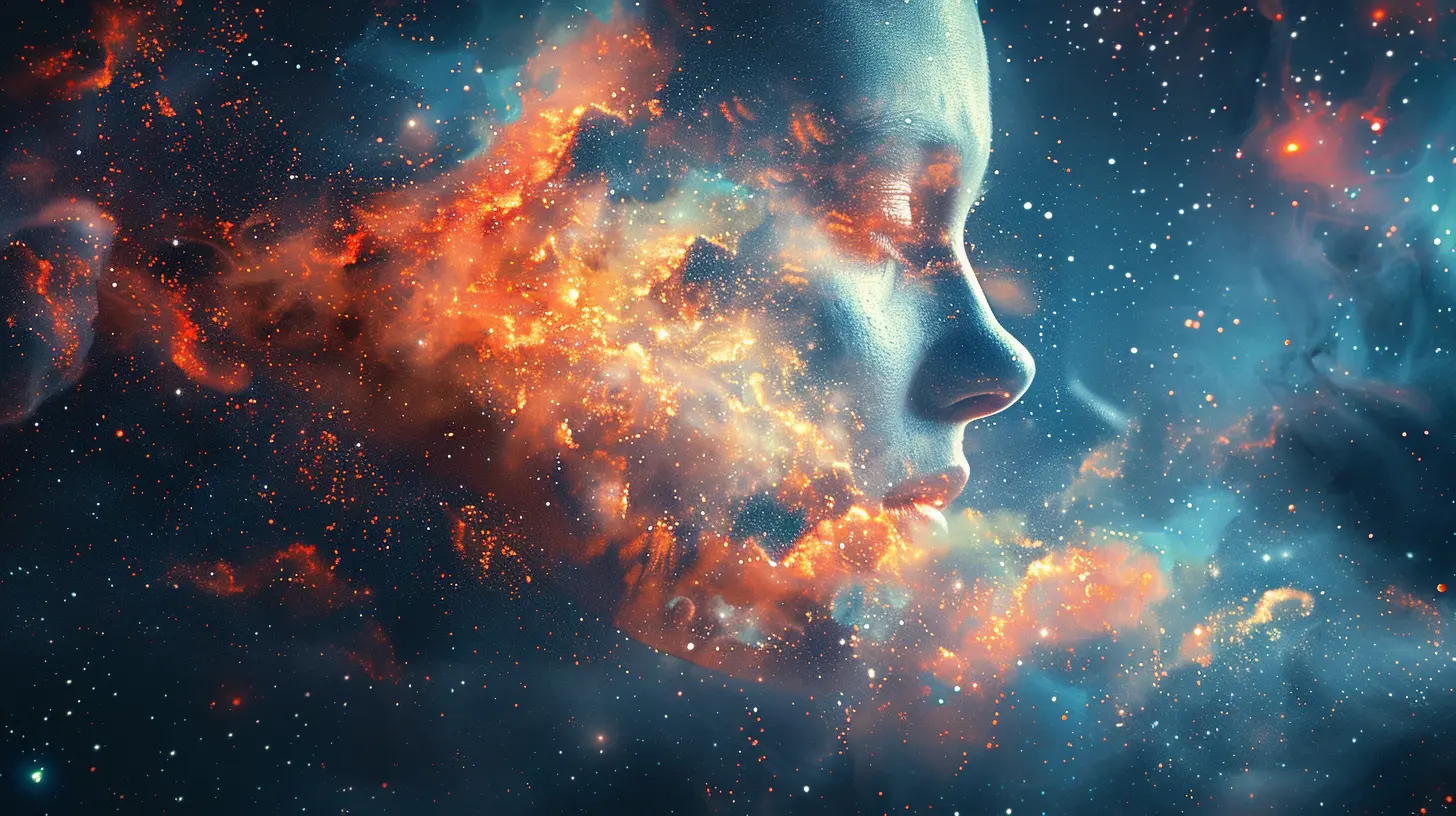
What Is the Collective Unconscious?
Before we start blaming ancient archetypes for our questionable life choices, let’s break down what Carl Jung was getting at when he introduced the concept of the collective unconscious.In simple terms, Jung believed that aside from our personal unconscious (where we shove our repressed memories and embarrassing moments we hope no one remembers), there’s a much deeper, shared layer of the mind. This collective unconscious isn’t about personal experiences but rather a universal psychological inheritance—a set of instincts, patterns, and symbols that all humans share regardless of culture, language, or zodiac sign.
Think of it as the Wi-Fi network of the human psyche. You didn’t personally set it up, but you’re connected to it anyway, downloading ancestral wisdom (and, let’s be honest, probably a little trauma too). 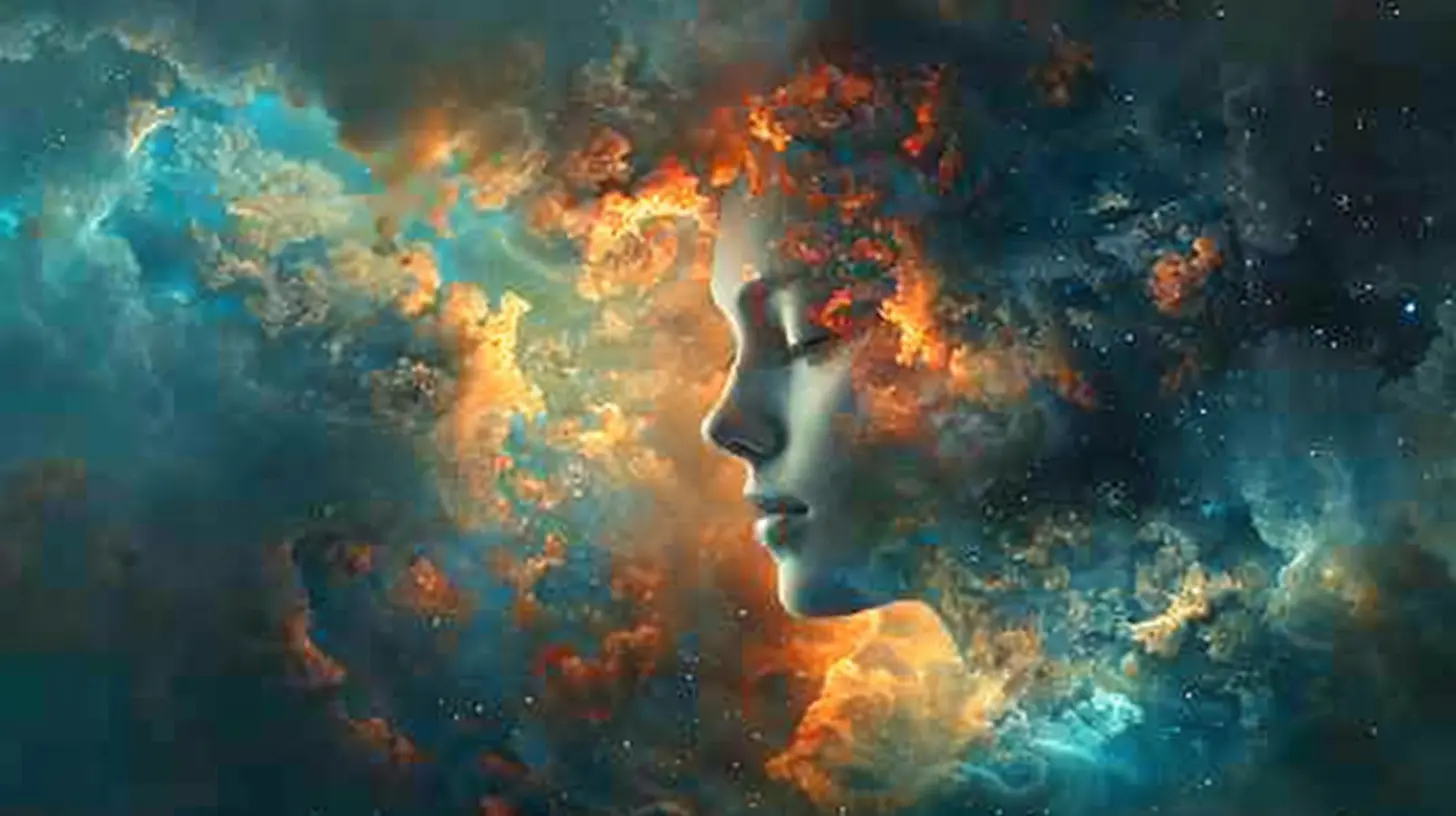
The Archetypes: Humanity’s Greatest Hits
To make things even more interesting, Jung pointed out that this collective unconscious isn’t just a vague, mystical force—it actually contains archetypes, or universal symbols and themes that keep popping up across time and cultures.If the collective unconscious is a giant streaming platform, then archetypes are the greatest hits that have been on repeat since the dawn of civilization. Some of the major ones include:
- The Hero – That one guy who has to leave home, slay a dragon (literal or metaphorical), and come back wiser. Think Harry Potter, Frodo, or every action movie protagonist ever.
- The Shadow – The dark, repressed side of ourselves that we pretend doesn’t exist (but totally does). Yeah, that part of you that secretly enjoys drama? That’s your Shadow.
- The Wise Old Man/Woman – The all-knowing mentor who shows up just in time to drop some cryptic wisdom. Think Yoda, Gandalf, or every magical grandparent in a Disney movie.
- The Trickster – The chaotic character who loves to shake things up. Loki, The Joker, and basically any toddler you’ve ever met fall into this category.
These archetypes are like the personality templates of humanity—whether you know it or not, you’re shaped by them. 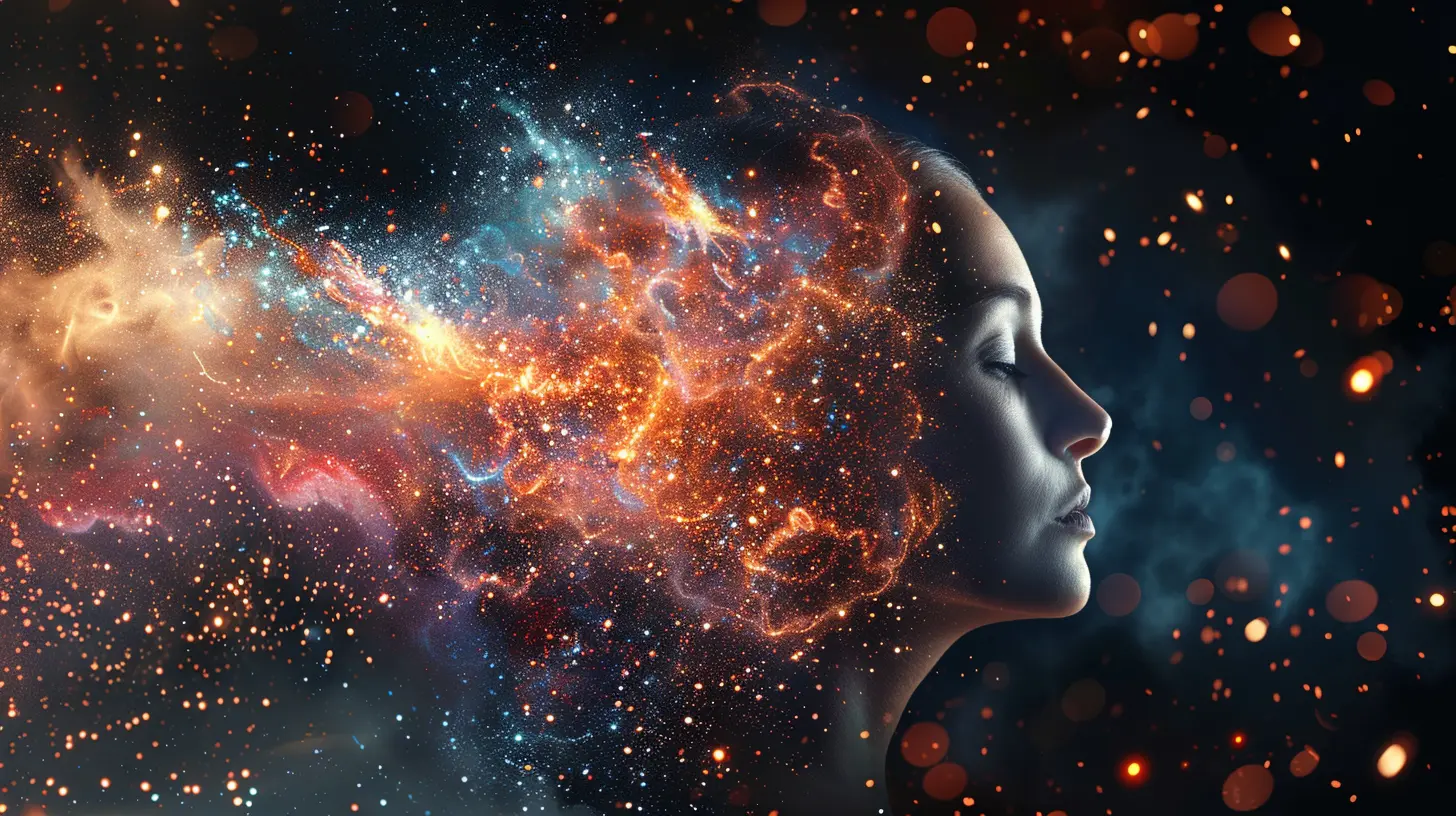
How the Collective Unconscious Influences Us Without Permission
So, how does this deep-rooted psychological force mess with our everyday lives? Oh, in more ways than you’d like to admit.1. Why We’re Drawn to Certain Stories and Myths
Ever notice how every major culture has the same basic stories? The underdog hero, the wise mentor, the battle between good and evil—they’re all just remixes of the same ancient themes. That’s not Hollywood being lazy (okay, maybe a little), but rather the collective unconscious at work.Our minds crave these familiar narratives because they resonate with something deep inside us. Whether it’s Greek myths, folktales, or Marvel movies, we keep telling the same stories because they reflect fundamental truths about the human experience.
2. Why Certain Fears Are Universal
Ever wonder why so many people are scared of heights, the dark, or creepy crawlies? It’s not that we’re all being overly dramatic—it’s our collective unconscious waving red flags.Back when our ancestors were more worried about lions than Wi-Fi signals, having ingrained fears of dangerous things kept you alive. That fear of the dark? Yeah, because lurking predators were actually a problem. The weird discomfort you feel when you see a snake, even on TV? That’s just your survival instincts flexing their muscles.
3. Why We Keep Making the Same Mistakes
Ever fallen for the same kind of toxic relationship more than once? Or found yourself repeating bad habits even though you swore you'd change? Guess what—you might just be playing out an unconscious archetypal drama.The patterns hidden in the collective unconscious don’t just influence literature and movies—they shape our actual lives. If you keep attracting manipulative people, congratulations! You might be unconsciously drawn to the Trickster archetype. If you feel the need to save broken people, surprise! You’re stuck in the Hero narrative.
Until we recognize these unconscious patterns, we’ll just keep running the same psychological programming on repeat, like a bad sitcom reboot. 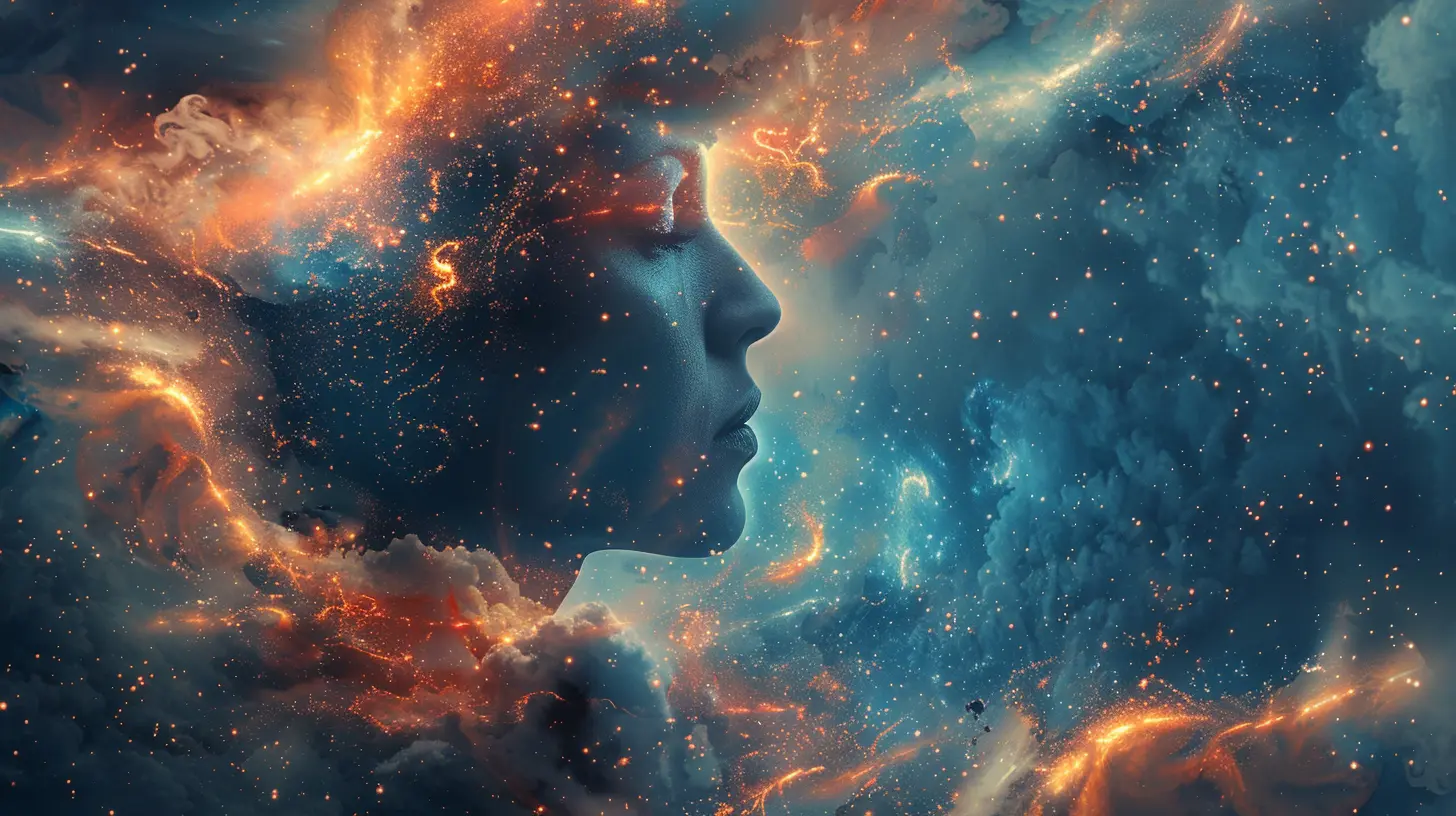
Can We Break Free from the Collective Unconscious?
At this point, you might be wondering: If this thing is influencing everything from my fears to my failed relationships, am I doomed to be a puppet of ancient psychological forces?Good news—awareness is power.
Jung himself believed that the key to psychological growth was integrating the unconscious into conscious awareness. In other words, once you start recognizing these deep-rooted influences, you can actually choose how much power they have over you.
Steps to Break Free (or at Least Gain Some Control)
1. Observe Your Patterns – Notice recurring themes in your life. Do you always end up in the same types of friendships? Relationships? Situations? That might be an unconscious archetype playing out.2. Question Your Automatic Reactions – That instant fear, attraction, or resistance you feel towards certain people or situations? Could be your unconscious whispering (or screaming) at you.
3. Dive into Mythology and Psychology – The more you understand these ancient narratives, the easier it is to spot them in your own life.
4. Work on Self-Integration – This is Jungian talk for "get to know your inner world." Meditation, journaling, or therapy can help.
While we may never fully escape the influence of the collective unconscious (unless you figure out how to reprogram thousands of years of human psychology), understanding it gives you a fighting chance.
Final Thoughts: Your Mind is Basically a Haunted House
So, what have we learned? The collective unconscious is that mysterious psychological attic filled with ancient symbols, myths, and fears that shape everything we do—whether we realize it or not.It writes our stories, nudges our instincts, and occasionally makes us repeat the same dumb mistakes until we finally get the memo. The good news? Once you start recognizing these hidden forces, you can take the reins and live life a little more intentionally.
Or, you know, just keep blaming your bad decisions on ancient psychology. That works too.
all images in this post were generated using AI tools
Category:
Psychological TheoriesAuthor:

Nina Reilly
Discussion
rate this article
2 comments
Paige McGehee
The collective unconscious profoundly influences shared beliefs and cultural experiences.
June 18, 2025 at 4:16 AM

Nina Reilly
Thank you for your insight! The collective unconscious indeed plays a crucial role in shaping our shared beliefs and cultural narratives, highlighting the deep connections among human experiences.
Leo Martin
The collective unconscious profoundly influences shared cultural symbols and individual psychological development.
May 30, 2025 at 3:03 AM

Nina Reilly
Thank you for your insight! Indeed, the collective unconscious plays a crucial role in shaping both cultural symbols and individual psychology, highlighting the interconnectedness of our shared human experience.
